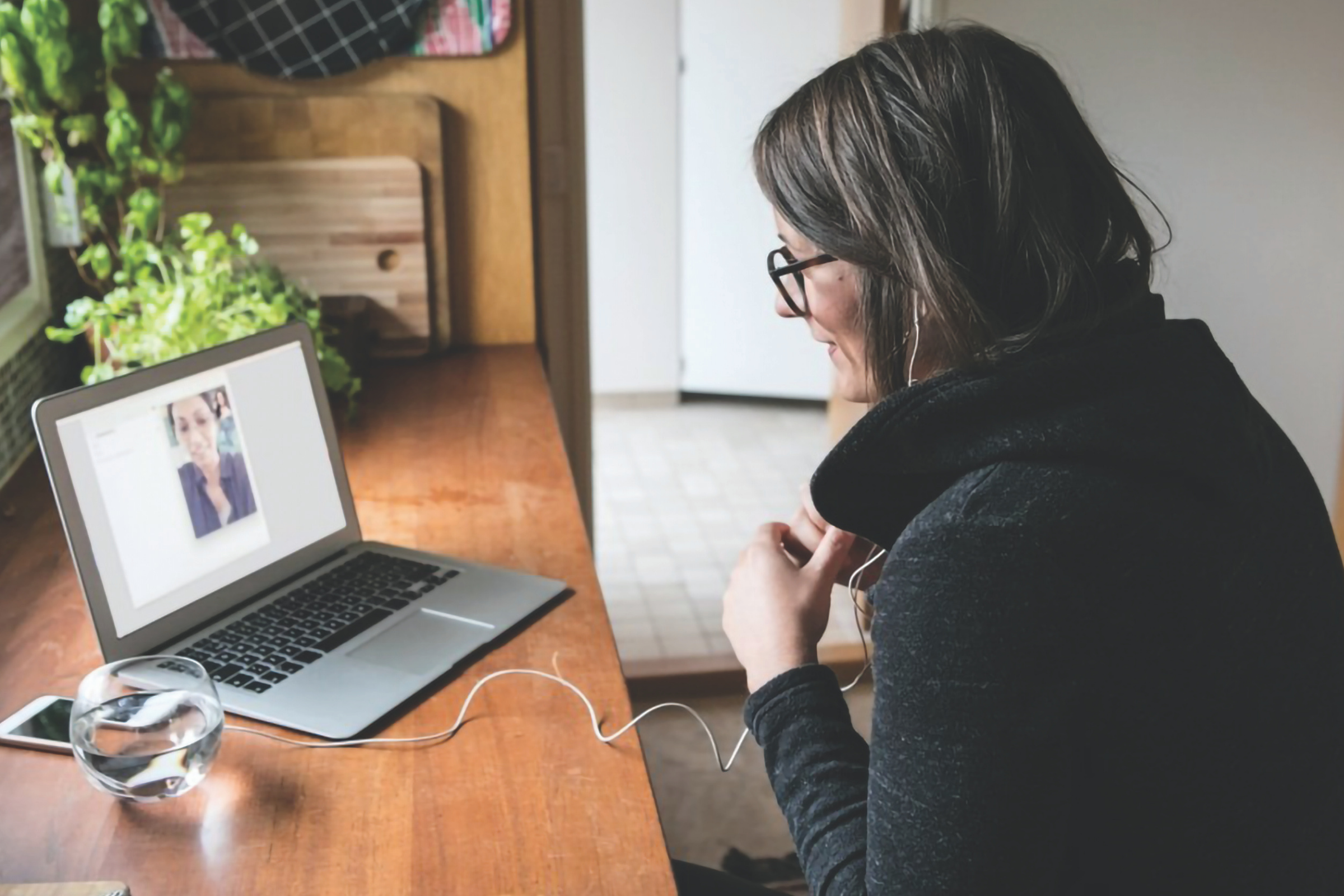The COVID-19 pandemic has affected virtually all aspects of life. Gambling counseling is no exception.
Given the drastic reduction in social contact, we asked several gambling counselors about the state of gambling therapy and the changes they’ve observed.
Lisa Vig, Gamblers Choice
More of our clients are keeping appointments than we anticipated. It tells me that staying connected to recovery support is very important at this time. They have also been initiating and requesting additional individual support as well.
We use a variety of platforms, including Teams, Zoom and the phone. One accommodation we’ve had to make using these platforms is reducing the size of groups. It’s more difficult to manage attention spans, allowances for everyone to talk and receive the attention they need with eight or nine in one group. We’ve adapted by offering shorter groups, more often, with fewer attendees.
As a counselor, I find that takes a different level of energy to conduct telehealth counseling. When you’re not in the same room sharing the same space, you have to pay more attention to their voice, inflections, participation and engagement since the ability to watch body language or other expressions is compromised. The clients we have worked with have expressed gratitude at every opportunity to stay connected.
I think telehealth counseling has a very valuable place, especially in this part of the country where we are dealing with rural living and limited availability of counselors. At least 50 percent of our clients would benefit from the option of telecounseling. Being able to utilize a combination of in person and telecounseling to customize delivery of treatment services would be ideal.
Craig Johnson, Club Recovery
Once all of my clients became used to the change and requirements of the stay-at-home orders, my group attendance has been good. Most clients are participating and “showing” up for group.
Except for rare occasions, we are completely virtual. We use phone or a Telehealth platform to conduct interactions with all clients at every level of service we provide.
While counseling is not a “one size fits all” process, I think that at some level and some circumstances all clients can benefit from using a Telehealth platform. We need to adapt and move forward with as many innovations in reaching out to clients that we can. Since the beginning of the COVID-19 crisis, the treatment community has been advocating vigorously for the use of Telehealth platforms and CMS and DHS recently approved that all services we provide can be done with Telehealth. Telehealth is a capability that we must keep as an option to use when a client may not be able to access services via traditional means.
There is a great need for gambling disorder providers outside of the Twin Cities, Duluth and near Fargo. Without Telehealth, potential clients in those areas would not be able to get services. As a community of providers we must promote this capability wherever and whenever possible to reach all those who need help. This will be the main topic of discussion at the next meeting of the DHS Advisory Committee on Gambling Disorder on May 14.
Paul Mladnick, Solo Practice/Bridges & Pathways
I don’t think Telehealth counseling is ideal but I don’t think that much is lost. About half of my clients prefer to cancel appointments until we have the all clear. I’d say about 30 percent are coming to my office while about 20 percent are receiving counseling over the phone.
From a practical perspective, I am keeping my office sanitized prior to each session and I do practice social distancing in my office. I have noticed that the number of referrals is down since March 17, so I have considerable availability for those with a gambling problem or those concerned for family and friends.

